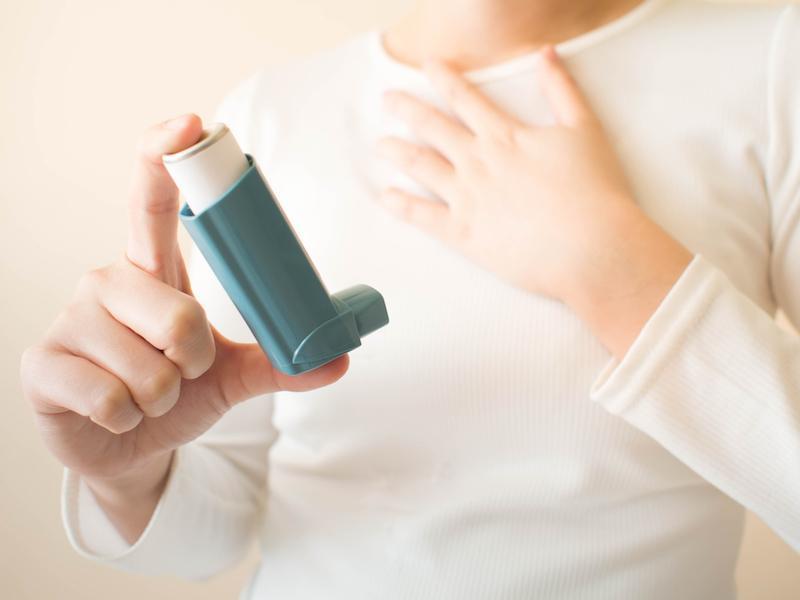Having asthma means you have to keep a close track on the triggers or causes that can provoke an asthma attack. These triggers can vary from individual to individual and some might react to a few of these triggers while others might react to all of them. In some cases, a delayed asthma attack might happen as per the sensitivity of the asthmatic individual and the type of trigger.
Asthma triggers can result in inflamed or narrowing of the airways which causes the symptoms. It is important to determine which triggers leads to an asthma attack in your case. Sometimes, the reaction is delayed or there could be many triggers around so it could get difficult to pinpoint which trigger cased the asthma episode. However, once you are aware of the triggers, it gets easier to manage your asthma by avoiding those triggers. You can effectively avoid some of the triggers but for others you need to properly plan. The following are some of the most common triggers of asthma:
Allergies
Allergens are the most common triggers of an asthma attack. It is important that you are aware of the things that you are allergic to so you can limit or completely avoid contact with them. This will help in preventing or decreasing any potential asthma attack. Some of the usual causes of allergies include:
- rodents
- pet dander
- molds
- pollens
- cockroach
- dust mites
There can be many more depending on each individual. Hence, it is crucial to keep a tab on your allergens.
Respiratory Illness
Certain respiratory issues can also trigger an asthma episode, including:
- pneumonia
- sinus infections
- sore throats
- flu (influenza)
- colds
Respiratory illnesses are common triggers of asthma among children.
Exercise
Exercise and other physical activities that affect your breathing can become an asthma trigger. Exercise-Induced Bronchoconstriction (EIB) is a type of asthma which can be caused due to physical activities. This is also called Exercise-Induced Asthma (EIA). In these triggers, symptoms typically occur several minutes after the exercises or physical activities. This doesn’t mean you have to restrict your exercise or physical activities, you only need the right treatment plan to help you avoid these triggers.
Expressing and Feeling Strong Emotions
In some cases, strong emotions can cause an asthma episode. These emotions may include:
- Crying
- Yelling
- Laughter
- Excitement
- Fear
- Anger
This happens because of the changes in breathing while you experience such emotions. This can lead to asthma symptoms, or wheezing even in individuals who don’t have asthma.
Other Triggers
There are several other asthma triggers that might affect different asthmatic individual in different times. These triggers might include:
- Hormonal changes
- Effects of medicines such as aspirin
- Irritant substances in the surroundings such as smoke
- Work related irritants like metal salts, chemicals, wood dusts
- Changes in the weather like thunderstorms, temperature change, cold air
It can’t always be possible to avoid some of these triggers but you can still decrease your exposure to them in order to avoid an asthma episode. The initial step is determining the triggers that make your situation worse and making efforts to avoid contact with them. For helpful tips and advice on avoiding asthma triggers your can contact the experts at http://www.healthonemedicine.com/.

